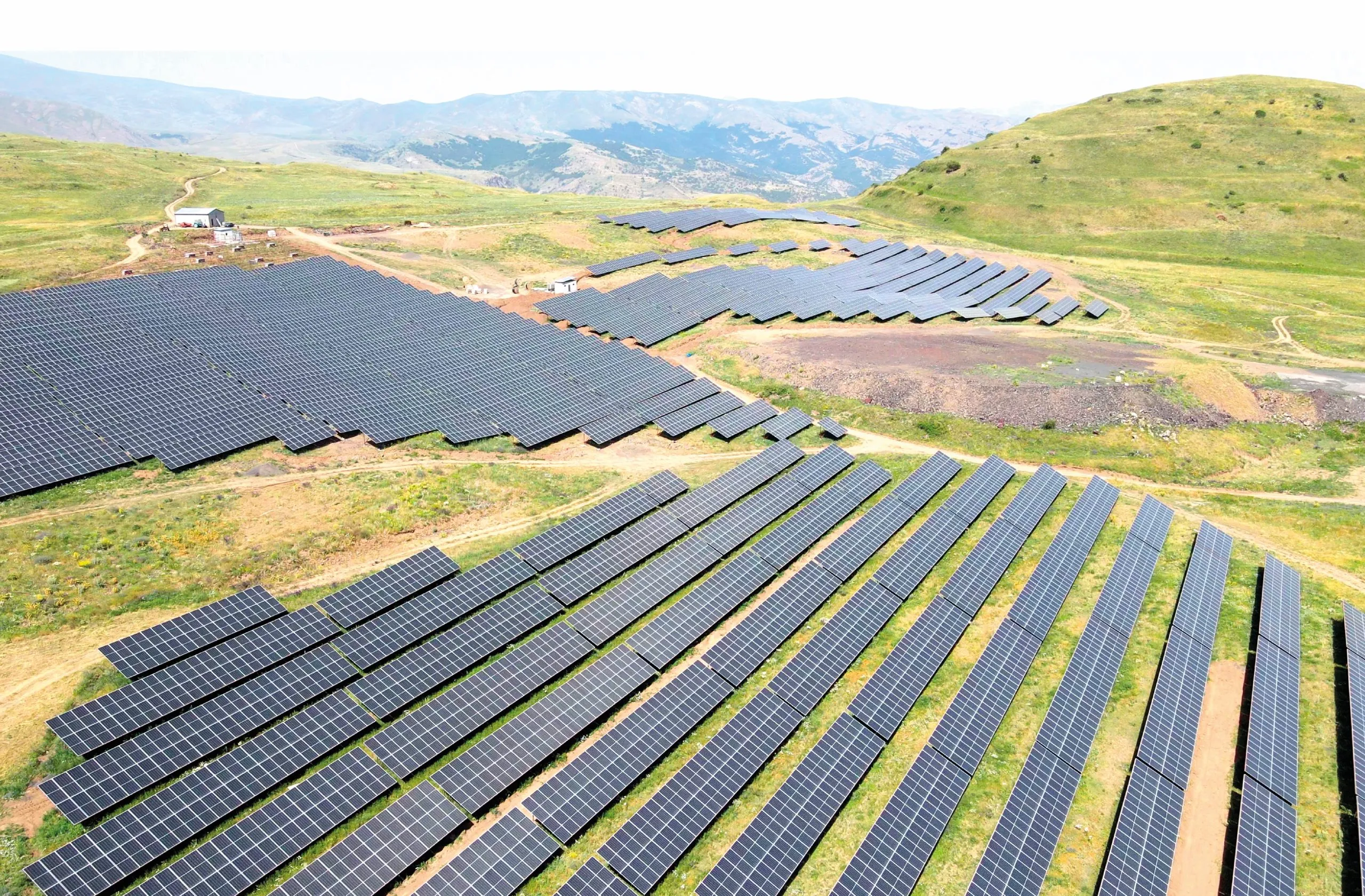
Services
Your General Contractor in the Solar Energy Sector
EcoVille Georgia offers a comprehensive range of solar energy solutions tailored to meet modern energy demands. We specialize in the full EPC (Engineering, Procurement, and Construction) cycle, providing a seamless experience from the initial design and high-quality equipment sourcing to the final installation and commissioning. Our turnkey approach ensures that every solar project is optimized for maximum efficiency, reliability, and long-term sustainability. Our services:
- On-site consulting
- Drone & photo surveys
- Roof & roof load expertise
- Planning & engineering
- Project management
- Installation and construction of all types of solar systems
- Storage solutions & planning
- PV Solar Ecopark CarParking
- AC & DC electrical work incl. acceptance
- Organization of all applications to the authorities
- Maintenance of the solar system (service subscription)
- Various financing options
One Wish - One Solution - One Contact Person - One Team
